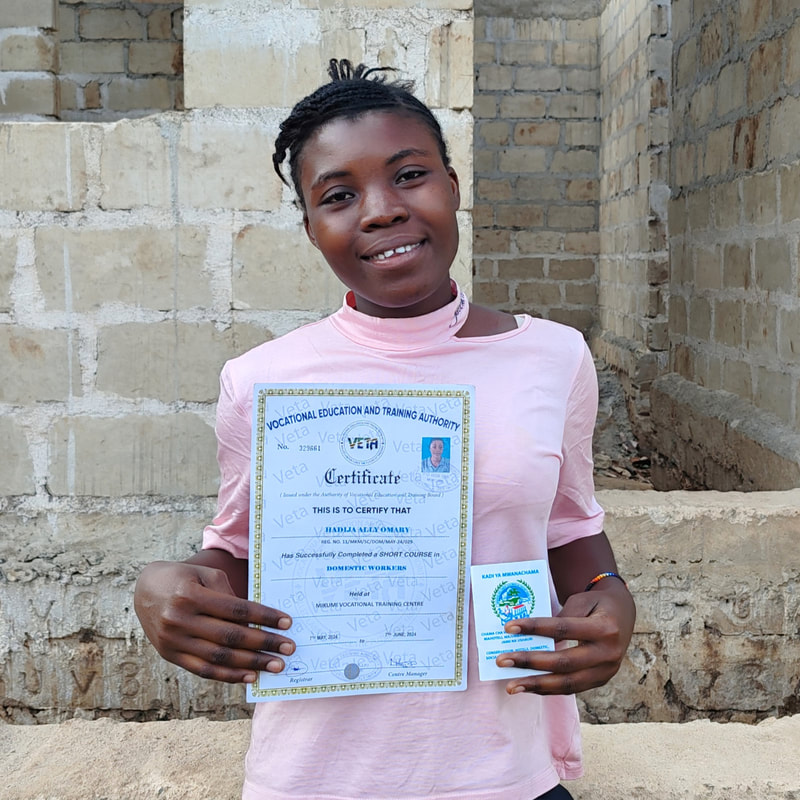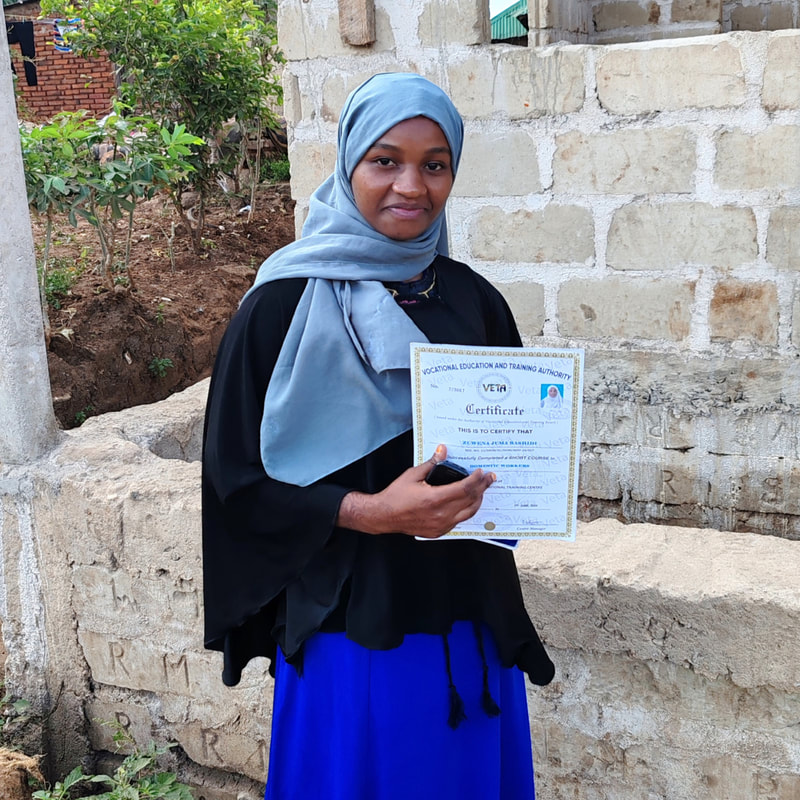APA’s project to Promote Decent Work, Rights and Dignity for Domestic Workers
To celebrate International Workers Day May 1st we posted this video highlighting APA's projects empowering Domestic Workers (DW'S) in Tanazania and Ethiopia
Skills and Leadership Training
APA’s project to Combat Trafficking, Promote Professionalisation and Rights of Domestic Workers in Ethiopia & Tanzania runs in partnership with Irish Aid, CVM and local partners and aims to increase the quality of life of local and migrant Domestic Workers (DWs), to promote dignity and confidence and to obtain decent work conditions for marginalised women.
Informal work as Domestic work represents an important employment opportunity for women with low levels of education and disadvantaged socio-economic conditions. However, most girls and women that work in this sector are vulnerable and subject to discrimination. Most DWs have no access to education. In terms of socio-cultural norms, there is a resistance to seeing the house as a place of work they end up being absorbed in the invisibility of the houses and are subjected to serious violations of human rights.
The project is:
- Promoting changes that will have a positive and lasting impact on the life of Domestic Workers and their families.
- Empowering other local groups to continue safeguarding the rights of Domestic workers.
- Empowering Domestic Workers with communication and negotiation skills while improving their social perception and economic condition
- Strengthening Domestic Workers Associations and Trade Unions who work with them
It is estimated that over 3 million female workers migrated to Middle Eastern countries from East Africa in recent years. A huge and dramatic phenomenon linked with migration is the exploitation by illegal brokers promising girls/women work opportunities abroad with proper salaries in the Domestic Work sector. Many have experienced common forms of abuse, violence and forced labour.
It is estimated that 50% of Domestic Workers are minors, 2.5 million children and often at a great risk of trafficking.
It is estimated that 50% of Domestic Workers are minors, 2.5 million children and often at a great risk of trafficking.
|
|
|
Promoting Awareness
The project is organising seminars and radio programmes to promote awareness activities among university staff and students, teachers and pupils of secondary schools, local authorities, religious leaders and the general population to highlight the rights of Domestic Workers.
Research is underway to gather data on migration patterns relating to Domestic Workers to underpin advocacy campaigns at national and local levels.
Research is underway to gather data on migration patterns relating to Domestic Workers to underpin advocacy campaigns at national and local levels.
|
Community Justice Facilitators
Community Justice facilitators are volunteers from local communities who help to identify and support domestic workers who may be discriminated against.
They play a vital role in:
|






